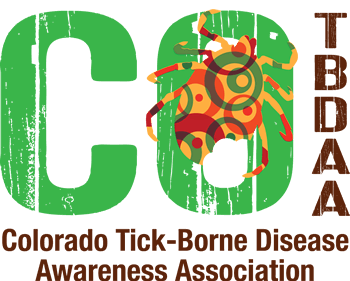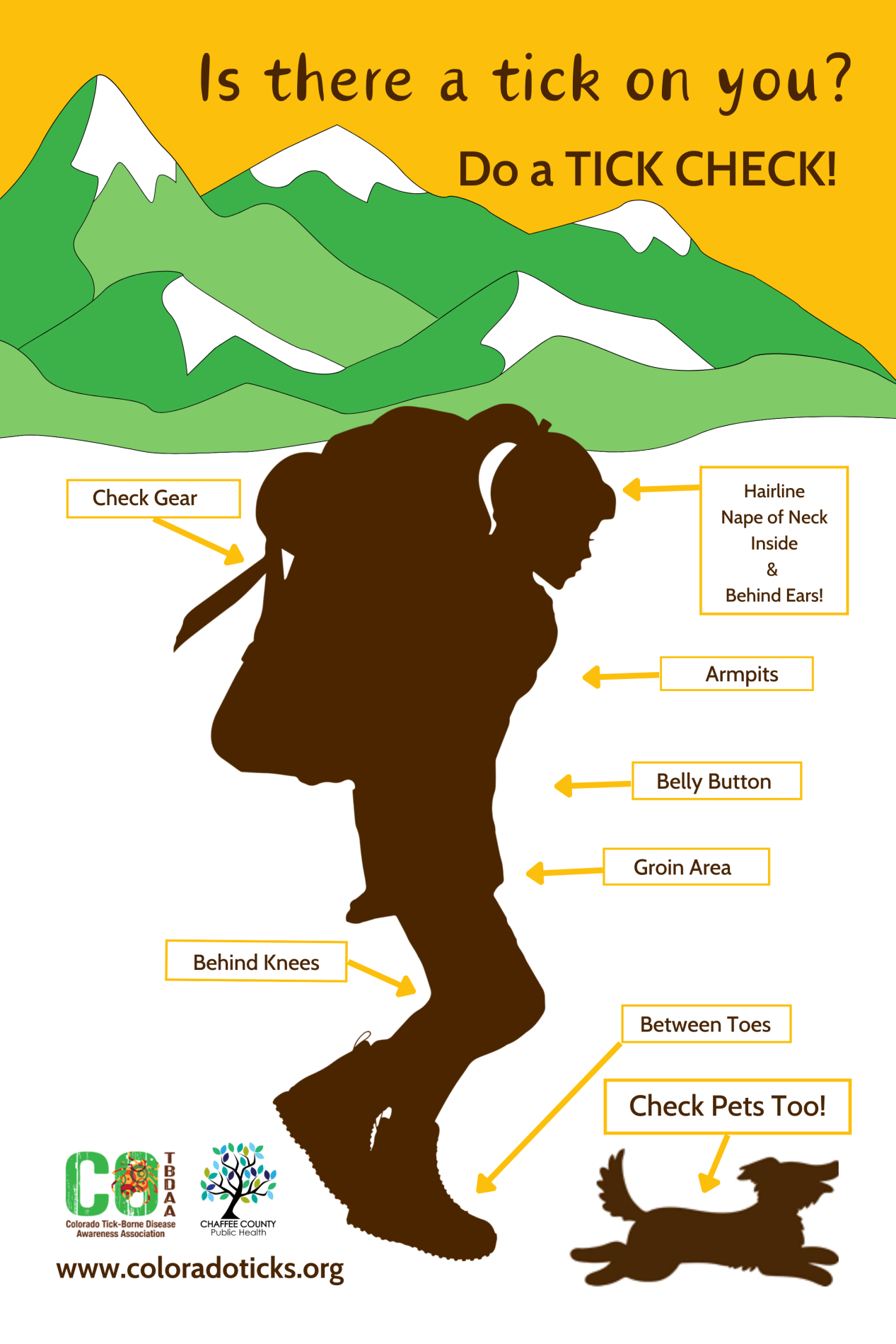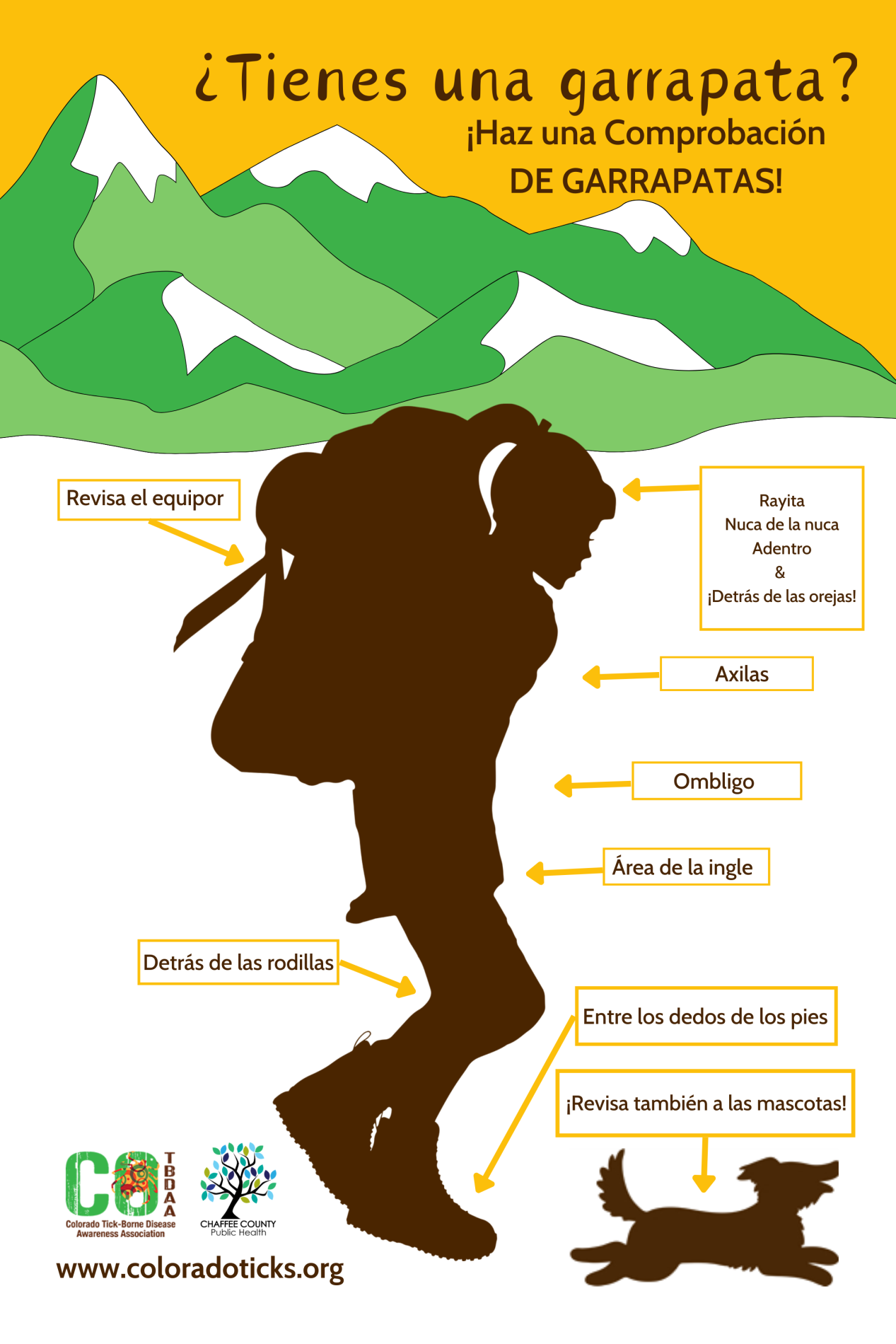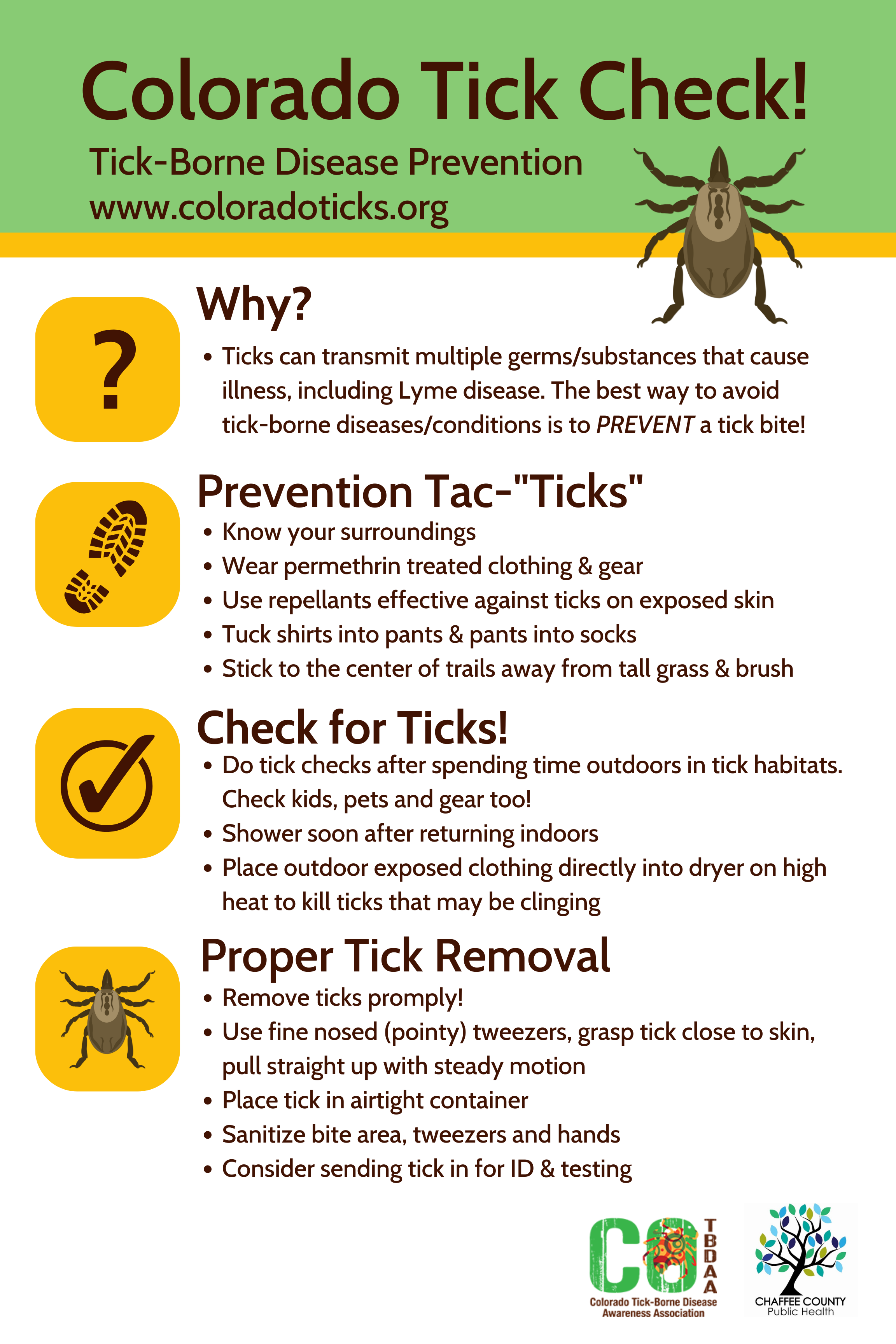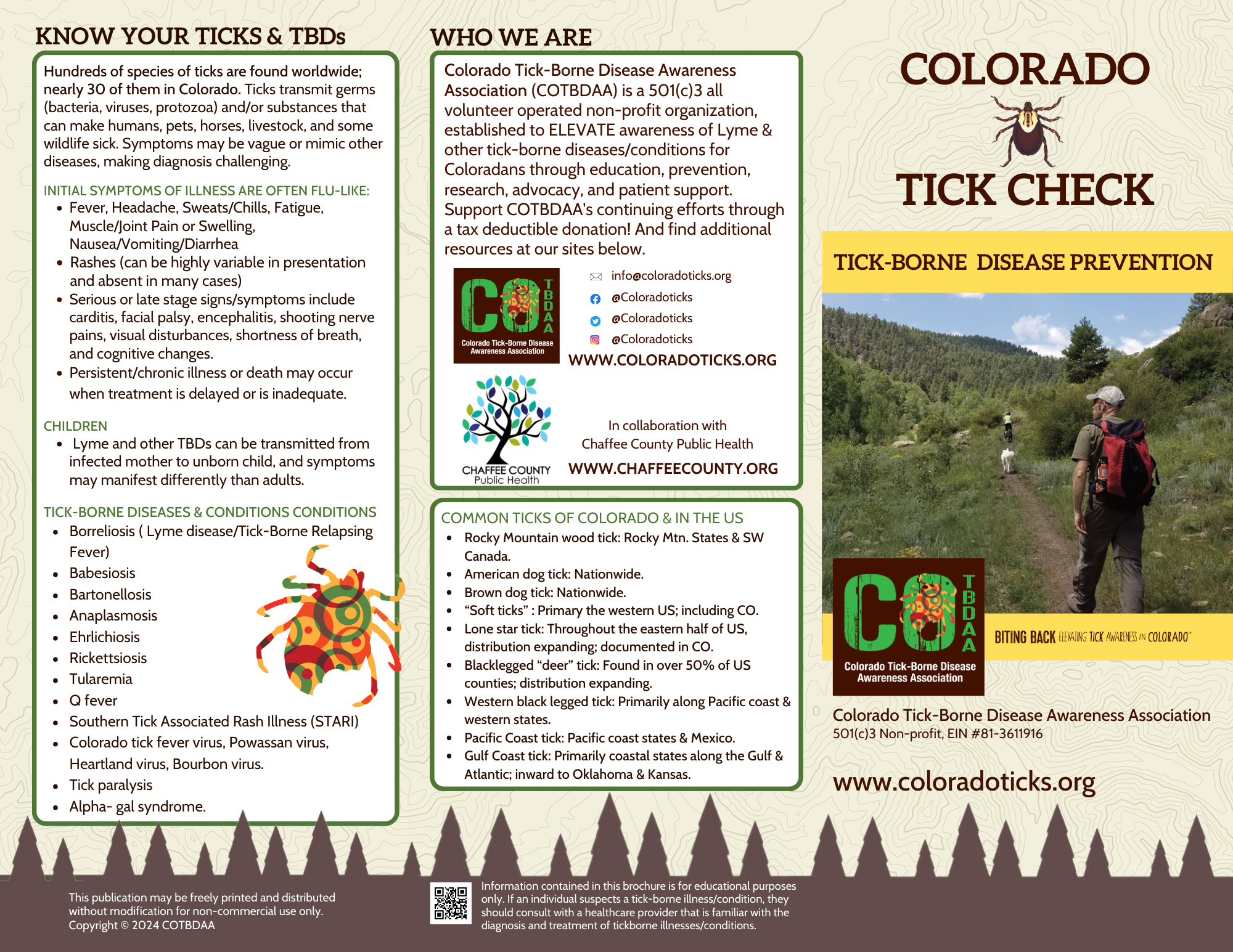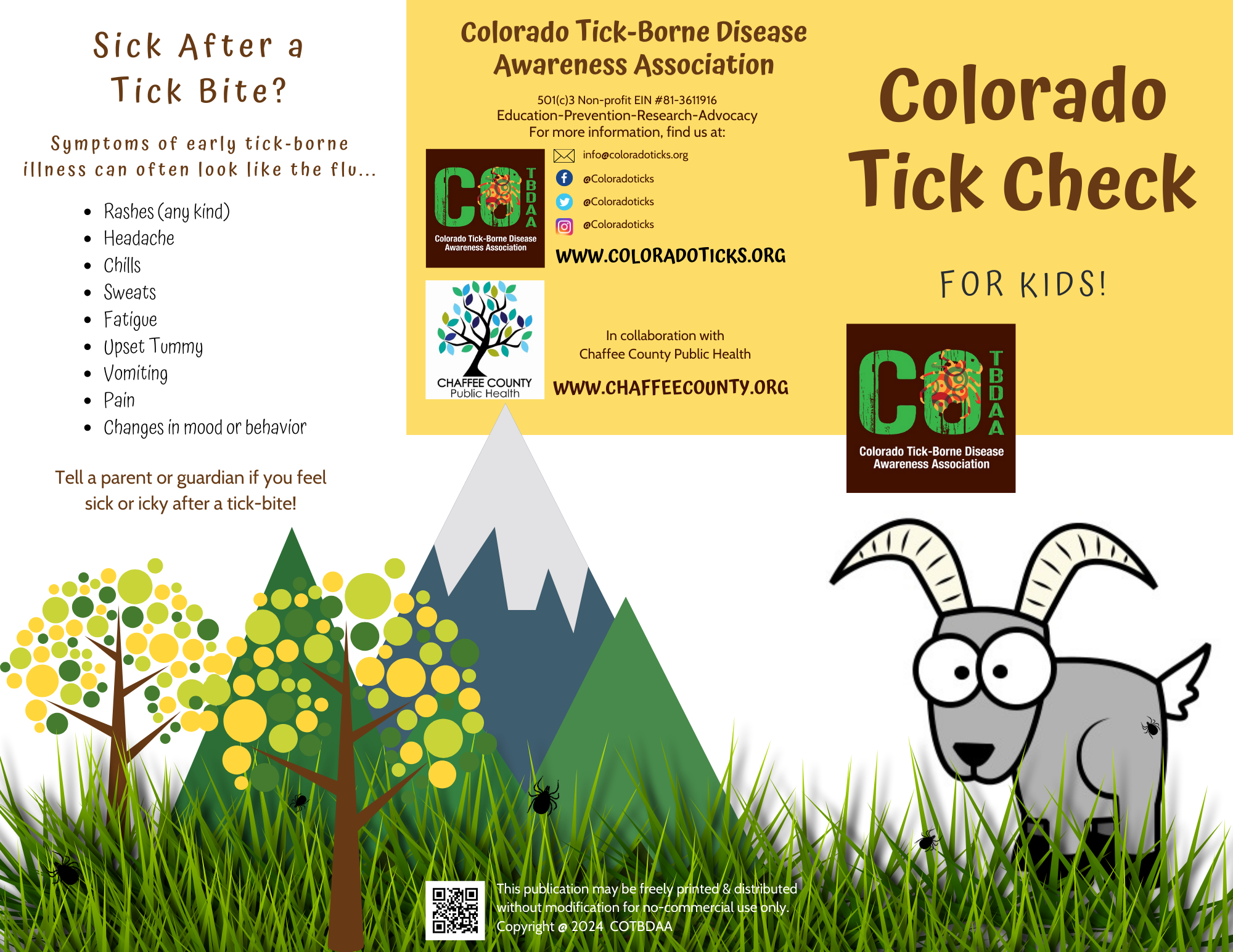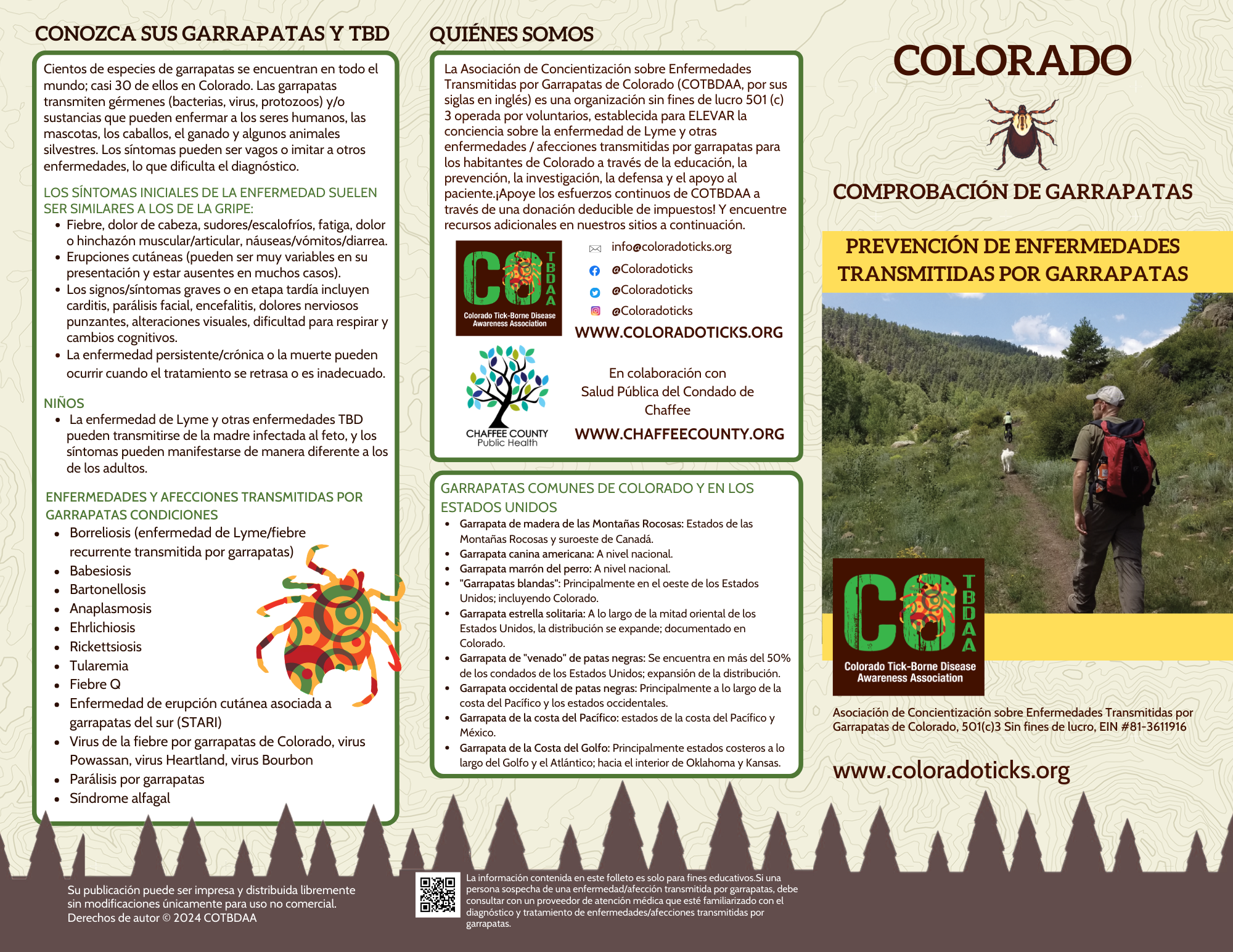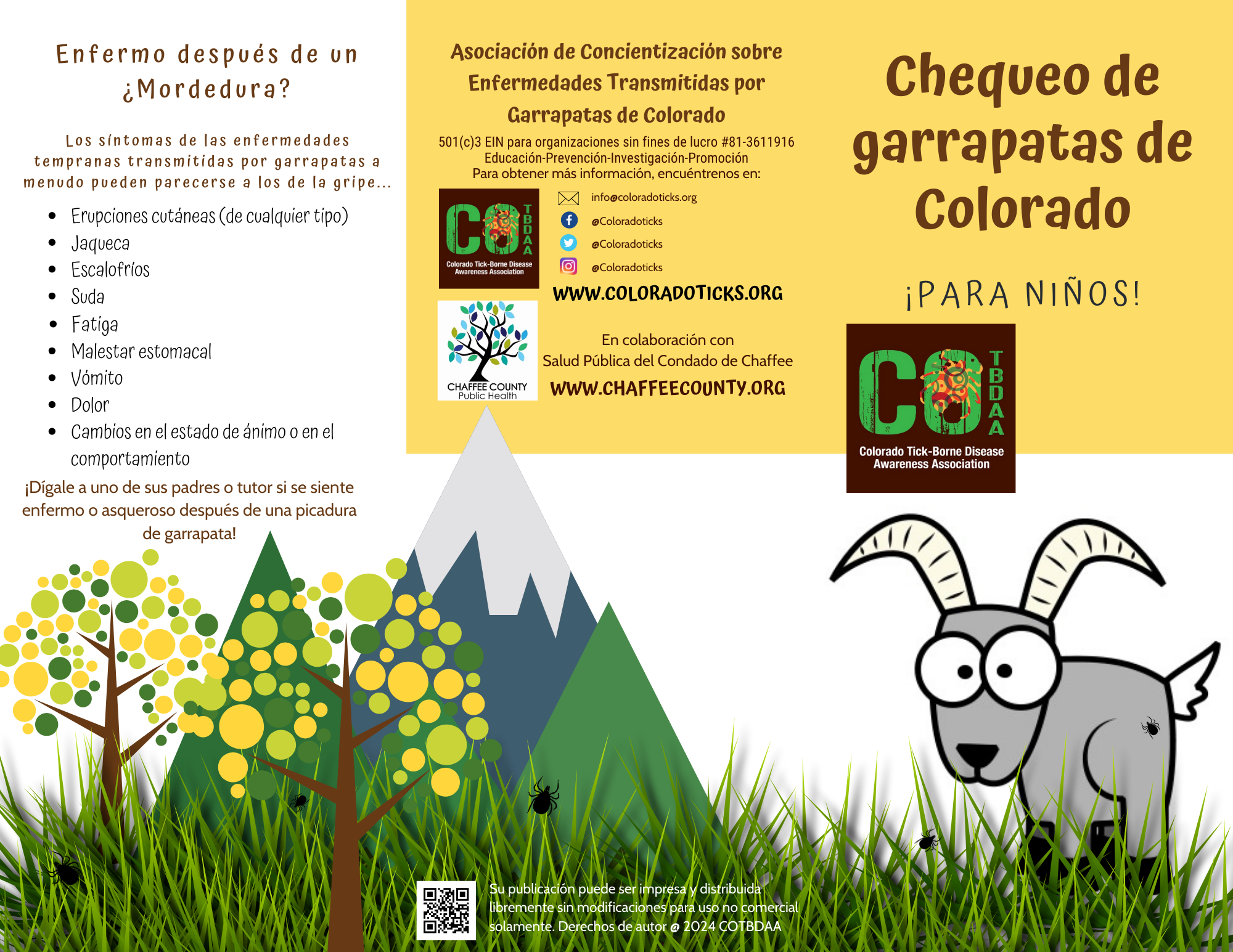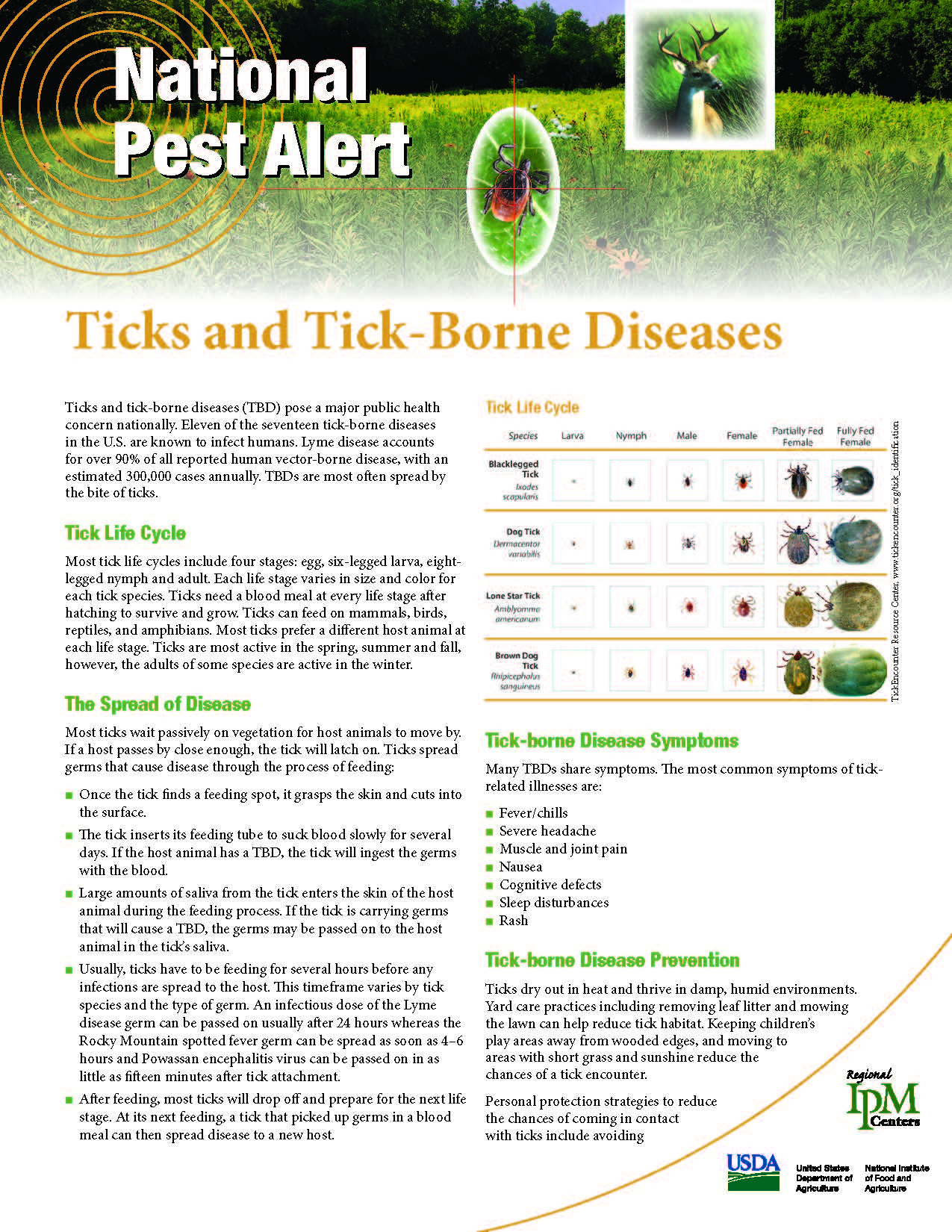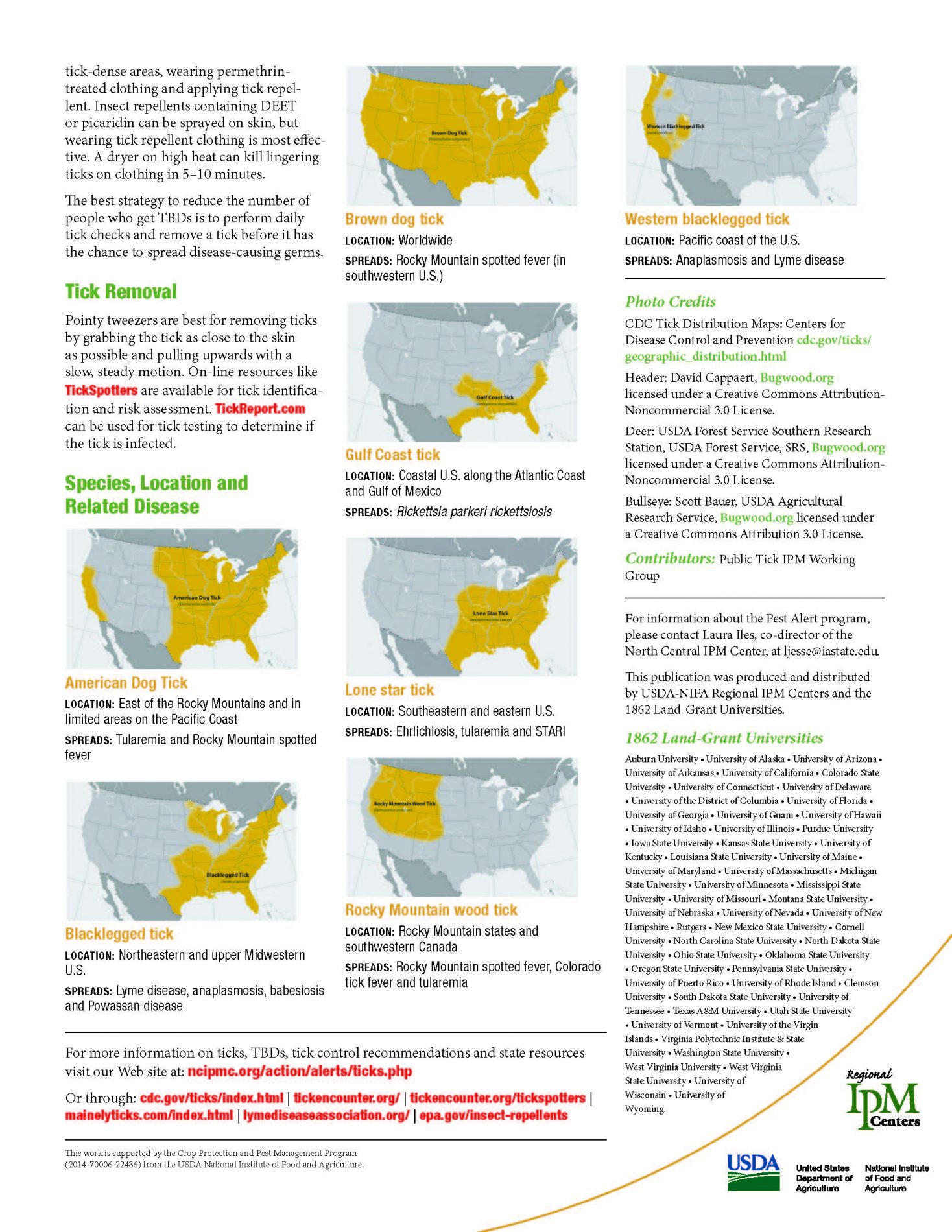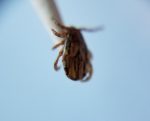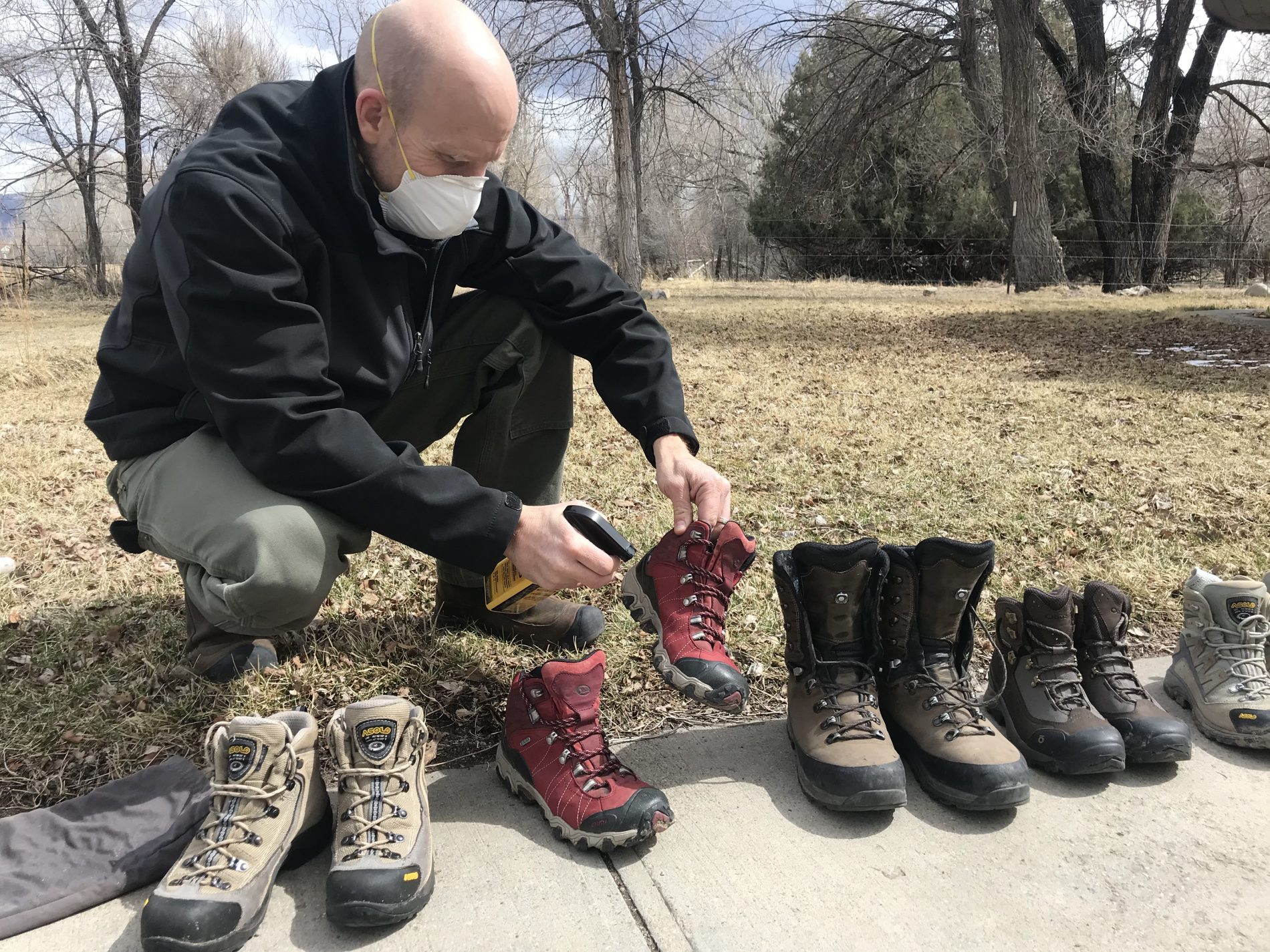
Preventing Tick Bites
Prevention Recommendations
Prevention is Key
Prevention is key to avoiding Lyme and other tick-borne diseases and conditions!
Ticks are capable of transmitting multiple pathogens that can cause more than one illness in just a single bite. They can also cause several tick-borne illnesses/conditions that are not infections. Your risk of contact with these vectors and potential exposure to multiple diseases/conditions, varies regionally throughout the United States and the world. Every season is potential tick season. Ticks can remain active even when there is snow on the ground and temperatures drop. Practice tick safety year-round especially in more mild or temperate climates. We encourage enjoyment of the Colorado outdoors and beyond, but we urge you to increase awareness and to take precautions to keep you, your children, and your pets healthy!
Whether you live, work or recreate within Colorado or elsewhere, the BEST way to deal with the problem of tick-borne diseases/conditions is to prevent tick-bites!
Tick bite prevention tips:
- Wear Permethrin treated clothing, gaiters or gear. Permethrin is an insecticide that can be safely applied to clothing or outdoor gear. It should never be applied to skin! If you spend a lot of time in tick habitat, wearing Permethrin-treated clothing is very effective at reducing your exposure to tick bites.
- Use EPA-registered repellents(chemical or natural) that are labeled for ticks. Follow the directions on the label carefully!
- Wear light colored clothing (long sleeved pants and shirts) so that it is easier to spot ticks. Tuck pants into socks and shirt into pants, wear hats and place long hair in braids to minimize access to skin from questing ticks.
- Stay on the center hiking trails. Avoid walking through high grass and bushy areas. Avoid sitting on logs or against trees. Use a blanket or tarp to avoid sitting directly on the ground when resting or picnicking.
- Conduct Tick Checks! Check yourself, your children and your pets for ticks often while participating in outdoor activities. Perform tick checks daily after spending time outdoors. Check carefully along the hairline, nape of neck, inside and behind the ears, armpits, and groin area, behind the knees, inside belly button and between your toes.
- Check your gear and clothing prior to getting into a vehicle or entering your home, ticks may hitchhike inside and pose a risk to you or other family members as they seek their meal.
- Prior to washing, place outdoor exposed clothing directly into dryer on high heat to kill any ticks that may be clinging to the fabric. Read more here.
- Shower as soon as you come inside if you have been in tick habitat.
- Avoid sleeping with your pets. As much as we love them, they can transport ticks onto your bed increasing your chance of a tick bite.
- Control small mammal populations in and around your home. These animals can act as reservoir hosts and may increase your exposure to ticks and tick-borne diseases.
Even if all prevention measures have been taken, you may still be bitten….
If bitten, remove ticks promptly and properly! A tick may look like nothing more than a new freckle or speck of dirt. The sooner a tick is removed the less chance of disease transmission. Some diseases can be transmitted in just minutes others may take hours or days. Prompt and proper removal of ticks reduces your chance of contracting tick-borne diseases. And save the tick for identification and testing!
Install the FREE app called TickTracker. This app allows you to track & report ticks in real-time with geolocation. TickTracker also educates about ticks, tick-borne diseases, the proper way to remove a tick & resources to help you stay safe. The data collected will help determine tick-borne disease outbreaks, tick migration, and tick data so that we can send alerts to our users.
However, even if all prevention measures are taken, you may still be exposed to a tick bite. Awareness is critical in recognizing symptoms of tick-borne disease.
Educating yourself about Lyme and other tick-borne diseases and conditions will help you effectively advocate for yourself or your loved ones if exposed. This is especially important in Colorado where doctors may not be experienced with some of the diseases/conditions you may encounter.
Printable Resources
Download or order brochures, posters and flyers for use in your classroom, medical facilities, workplace or home here!
